
THE VOICE OF INTERNATIONAL LITHUANIA
|
VilNews has its own Google archive! Type a word in the above search box to find any article.
You can also follow us on Facebook. We have two different pages. Click to open and join.
|

By Dr. Stasys Backaitis,
P.E., CSMP, SAE Fellow Member of Central and Eastern European Coalition, Washington, D.C., USA
Lithuania’s Energy Timeline – from total dependence to independence
Lithuania as a country does not have significant energy resources. Energy consuming infrastructure after WWII was small and totally supported by energy imports from Russia.
First nuclear reactor begins power generation at Ignalina in 1983, the second reactor in 1987. Ignalina generates enough electricity to cover Lithuania’s needs and about 50%.for export..As,
The Klaipėda Sea terminal begins Russia’s oil export operations in 1959 and imports in 1994.
Mazeikiu Nafta (current ORLEAN Lietuva) begins operation of
Russia supplies oil to the refinery via Druzhba pipeline since 1980. Stops delivery in 2006.
Lithuania builds
Upon joining EU in 2004, Lithuania is seeking independence from Russia energy sources. Up to 2014, Lithuania imports all gas and most oil and electricity needs from Russia.
In 2014, Lithuania completes construction of LNG terminal at Klaipeda and begins LNG import
In 2018/9, Lithuania and Poland plan to complete pipeline connection for LNG transmission.
By
In late 2016, a 1000 MW electric powerline (LITPOL-Link) will connect Lithuania with Poland.
LNG and electricity interconnections with EU assures energy independence from Russia.
LNG and electricity imports allow energy sharing with Latvia and Estonia.
Some typical relevant picture montage:
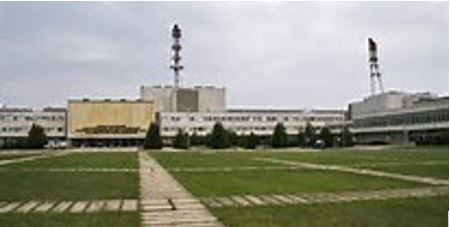
Ignalina – closed nuclear power plant in 2009
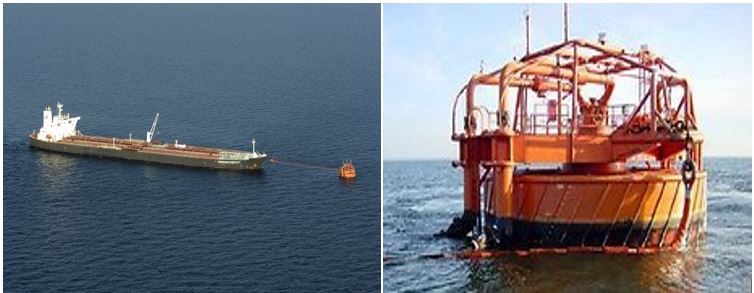
Oil transfer station in the Baltic sea at Butinge Oil transfer receptacle
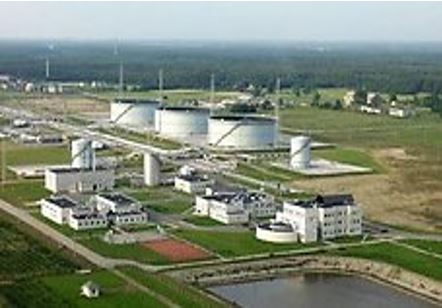
Oil Storage station at Butinge
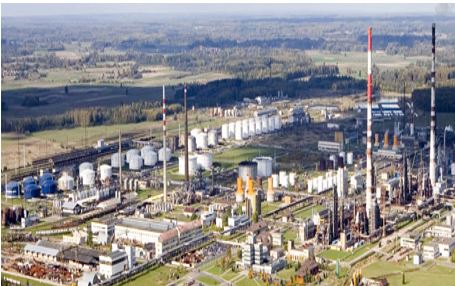
Oil Refinery – Mazeikiu Nafta (Orlean Lietuva)
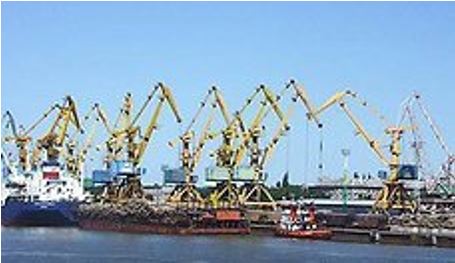
Klaipeda – ship to shore oil transfer terminal
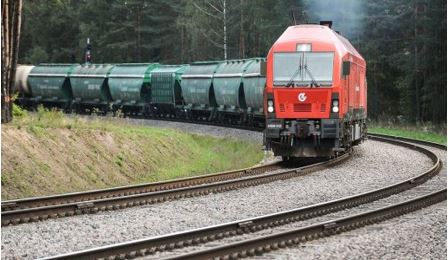
Oil transport from Klaipeda Nafta to Belarus
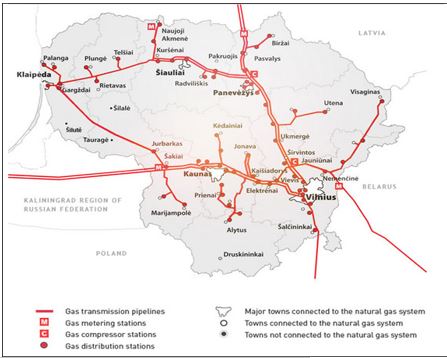
Current gas pipeline network in Lithuania
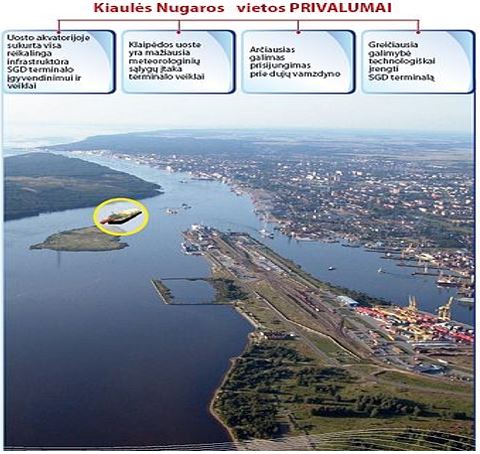
LNG island terminal (yellow circle) just east of inlet to port of Klaipeda
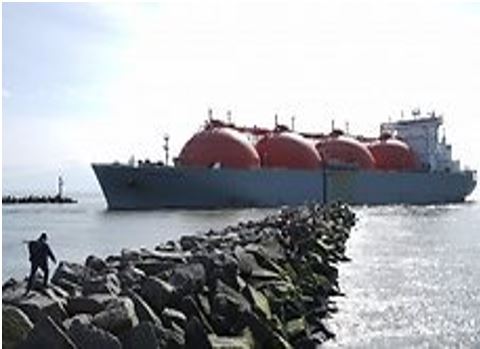
LNG carrying tanker entering the port of Klaipeda inlet
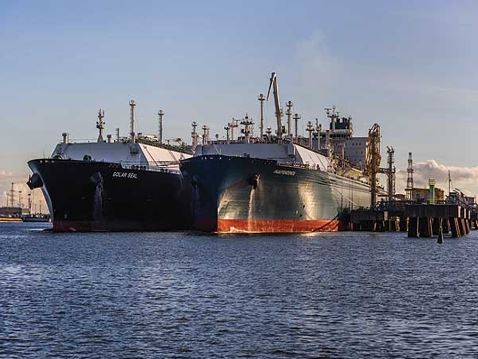
LNG is transferred from tanker to a stationary floating terminal
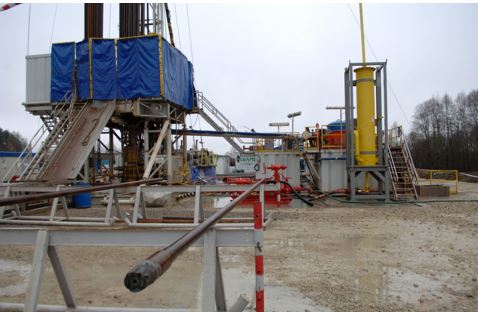
Preparing a 500 mln cu.m. underground LNG
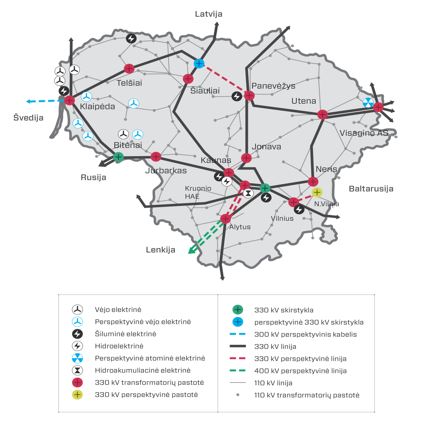
Locations of Lithuania’s electricity producers and the distribution grid
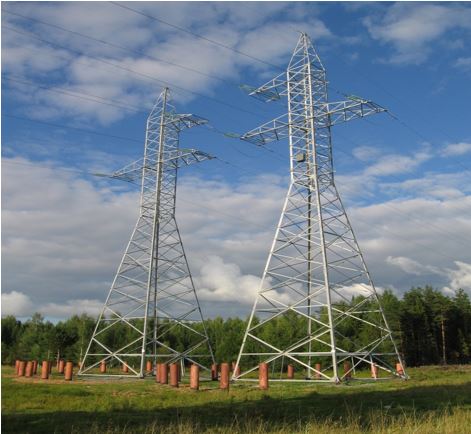
High voltage transmission line towers
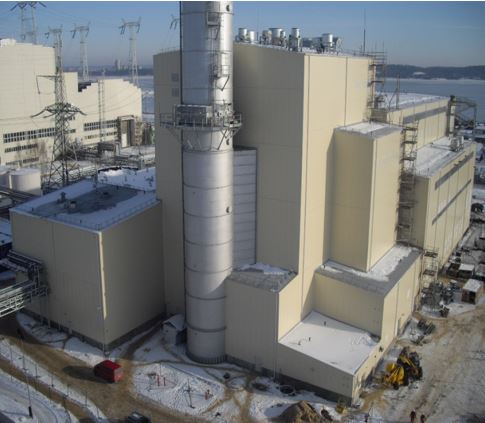
Elektrenai, Lithuania’s main electrical power plant, Four gas and/or oil powered blocks 300 MW/ea., one 455 MW combined cycle block
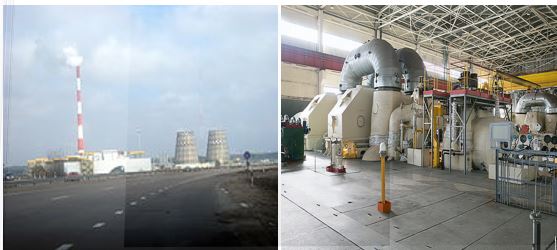
Vilnius Energy – combined heat (603 MW) and electric (360MW) power plant
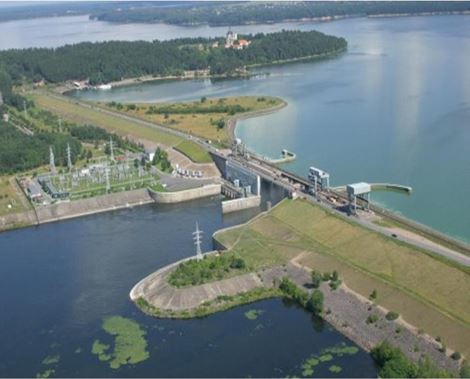
Kaunas hydroelectric 110MW power plant
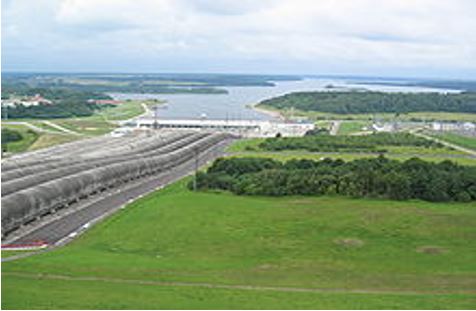
Kruonis Pumped Storage Hydroelectric 900MW powerplant
Lithuania’s current wind power generation in 17 parks - 282 MW
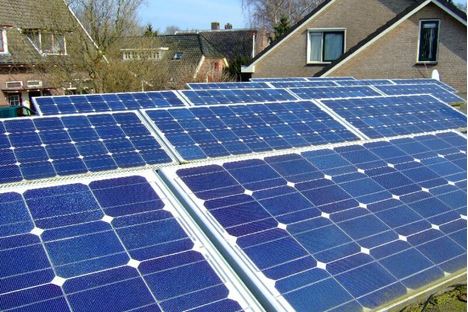
Solar Energy Generating Systems delivered in 2013 61 MW of electric power
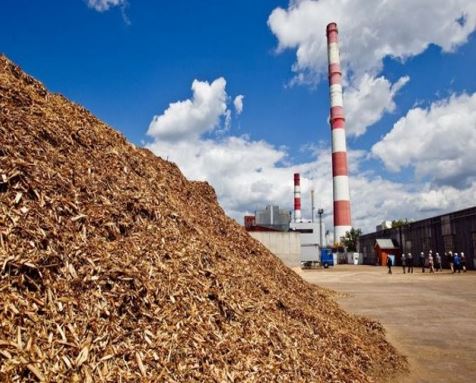
Heat and electricity generation with biofuels and biomass produced nearly 23% of Lithuania’s consumed energy. It is still rapidly expanding
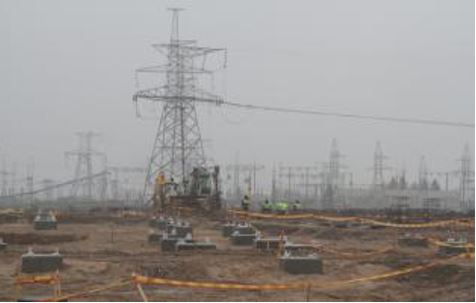
Electrical „LitPol Link” in rapid construction in Lithuania and Poland
- Bookmark :
- Digg
- del.icio.us
- Stumbleupon
- Redit it
VilNews e-magazine is published in Vilnius, Lithuania. Editor-in-Chief: Mr. Aage Myhre. Inquires to the editors: editor@VilNews.com.
Code of Ethics: See Section 2 – about VilNews. VilNews is not responsible for content on external links/web pages.
HOW TO ADVERTISE IN VILNEWS.
All content is copyrighted © 2011. UAB ‘VilNews’.

 Click on the buttons to open and read each of VilNews' 18 sub-sections
Click on the buttons to open and read each of VilNews' 18 sub-sections 



Fascinating. Definitely bookmarking this page. Really valuable info, thanks for posting.
fantastic article . good job
we are a family company and we have a lot of services that we can offer: http://www.systronic-group.com/ http://services.systronic-group.com/
like
Several generations of the same family, parents and children, are choosing to work there. CSUB demonstrates outstanding abilities of employee valquiria clash royale attraction and retention thus showing that it is ready to tap into talent pool with 15 per cent of engineers that Klaipeda can offer.
According to Mantas Katinas, Managing Director of Invest Lithuania, the country’s foreign investment development agency, oil and gas extraction companies are showing active interest in Klaipeda County due to ice-free harbour, talent pool available and Klaipeda Free Economic Zone, which offers 0 per cent tax on profits and dividends.
“Upon establishment of the division in Klaipeda, a number of Lithuanians who had until then been working at the company’s divisions in Norway returned to Lithuania. Several generations of the same family, parents and children, are choosing to work there. CSUB demonstrates outstanding abilities of employee attraction and retention thus showing that it is ready to tap into talent pool with 15 per cent of engineers that Klaipeda can offer”, adds Mr. Katinas.
Lithuania has already attracted 13 foreign investment projects in 2015, which will create a total of almost 1,500 new job